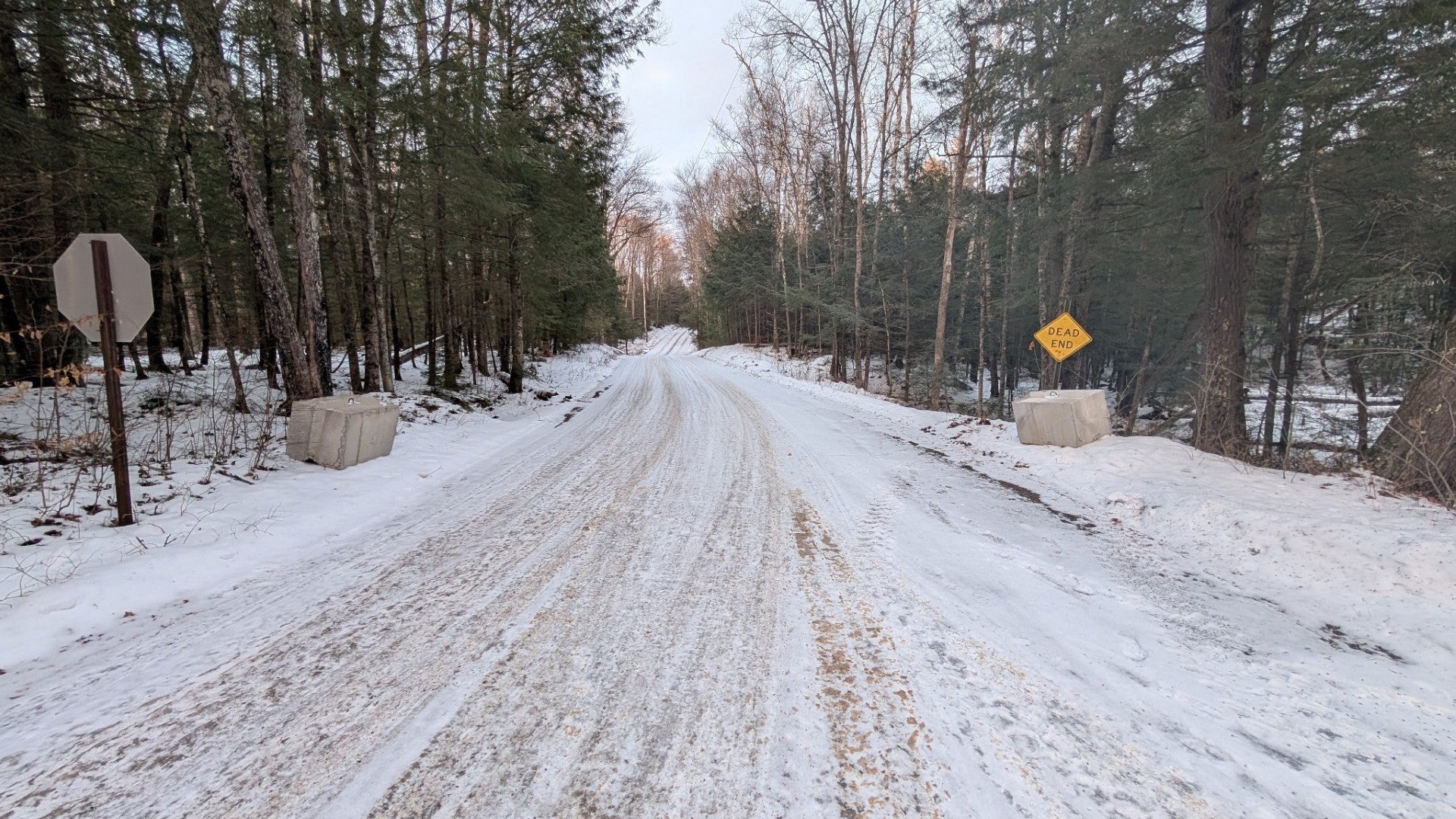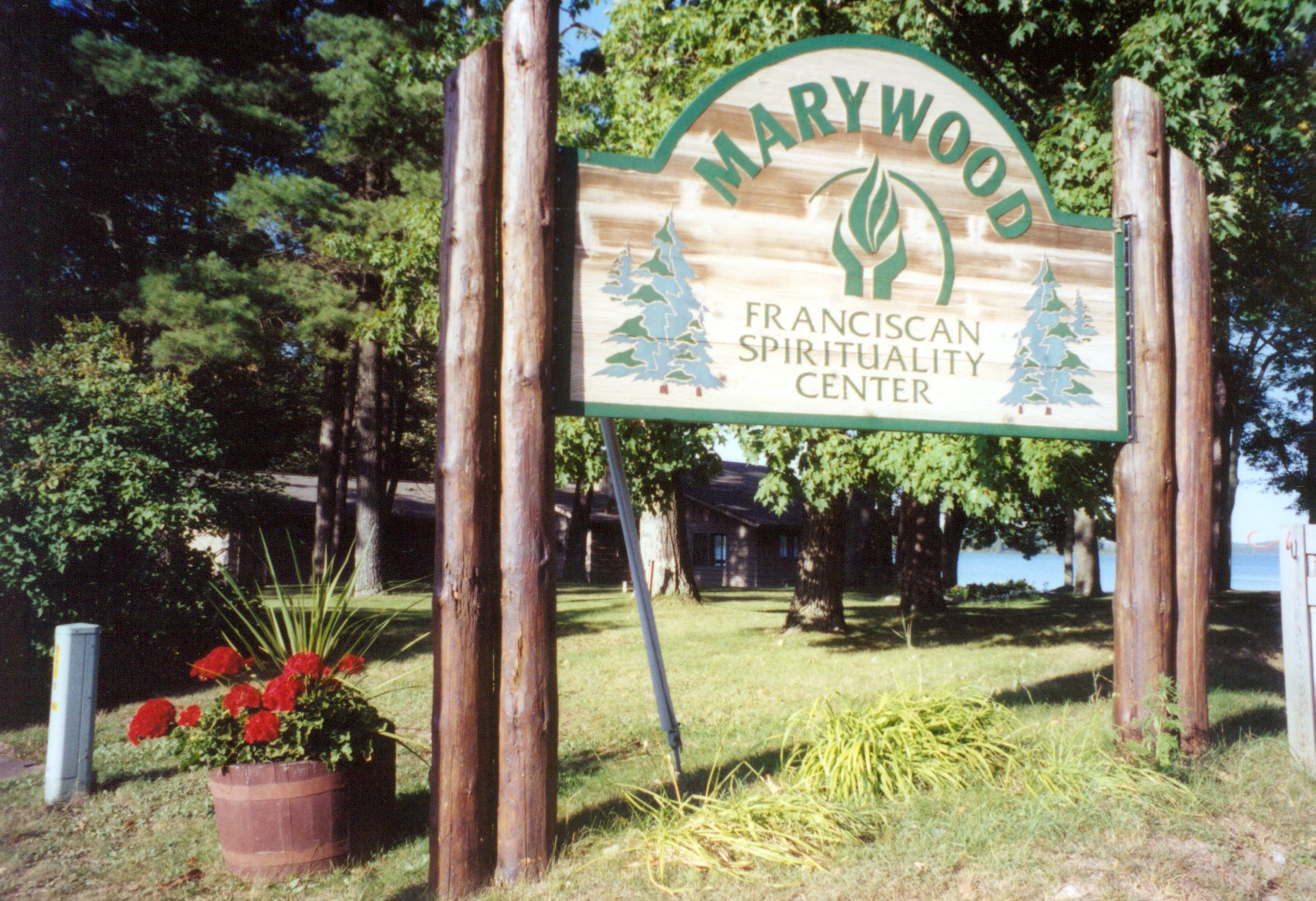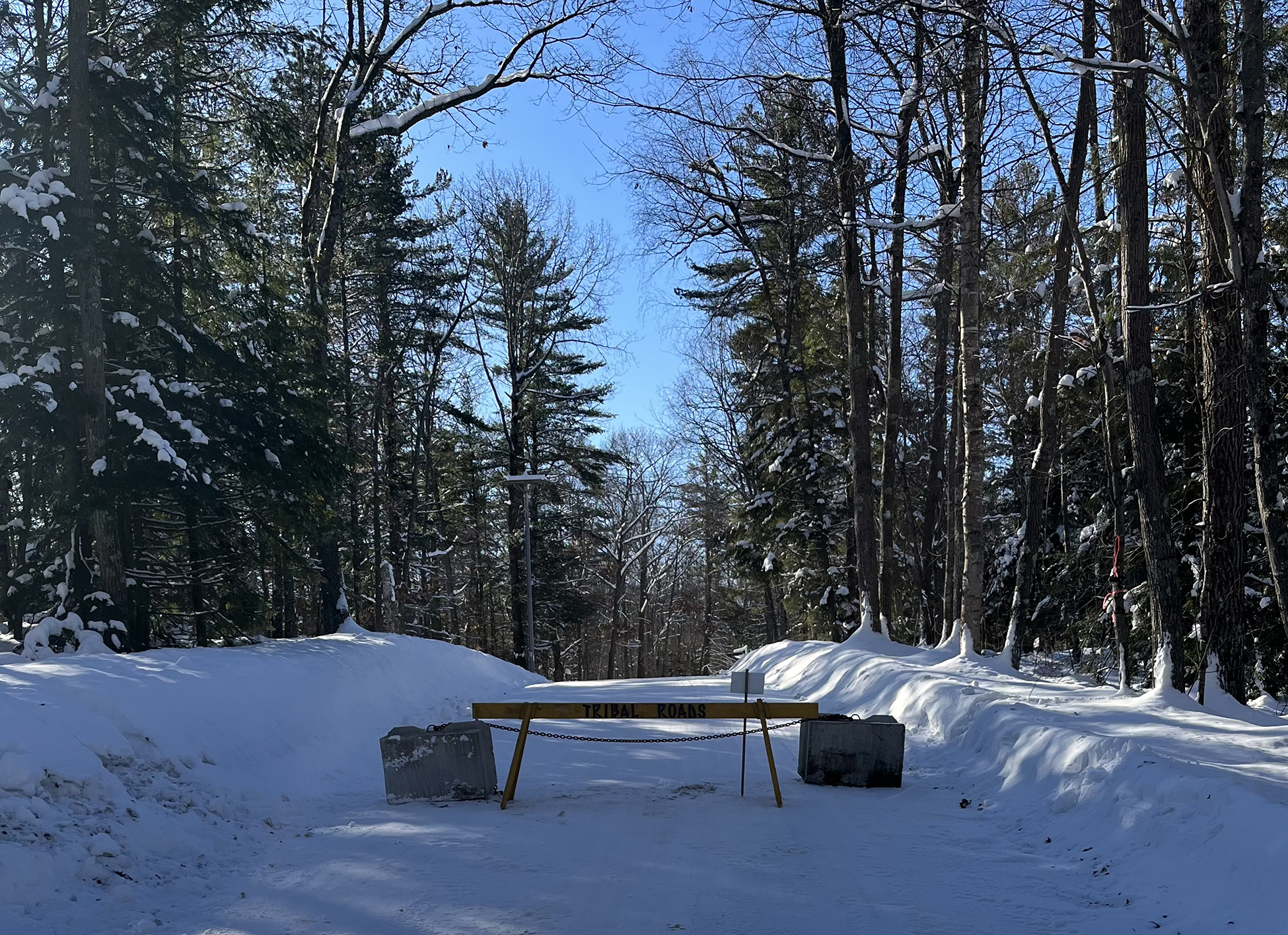The Lac du Flambeau Band of Lake Superior Chippewa said it won’t block access to roads or ticket nontribal residents for trespassing on tribal lands in a longstanding dispute with the town of Lac du Flambeau.
In January, the tribe said that it would ticket and potentially prosecute nontribal homeowners for unauthorized use of Annie Sunn Lane, Center Sugarbush Lane, East Ross Allen Lake Lane and Elsie Lake Lane. The four roads are at the heart of an ongoing feud with the town.
In a letter Tuesday, Lac du Flambeau Tribal Vice President George Thompson walked back the tribe’s threats amid ongoing litigation. Last year, the federal government sued the town for trespassing on the tribe’s behalf.
“On behalf of the Tribal Council, and out of respect for the Court, the Tribe hereby agrees that it will not issue citations to users of the Four Roads during the pendency of this litigation, nor will it use previously collected data to impose any retroactive penalties against users of the Four Roads during the pendency of this litigation,” Thompson wrote. “Additionally, the Tribe agrees to keep the Four Roads open during the pendency of this litigation.”
In January 2023, tribal officials placed barricades on the four roads after failed negotiations between the tribe, the town of Lac du Flambeau and title companies over expired easements on the four roads that were never renewed. The tribe eventually reopened roads in March that year.
Last month, a federal judge in the case ordered the federal government to take immediate action to prevent anyone from barring the four roads after the tribe threatened to once again restrict access.
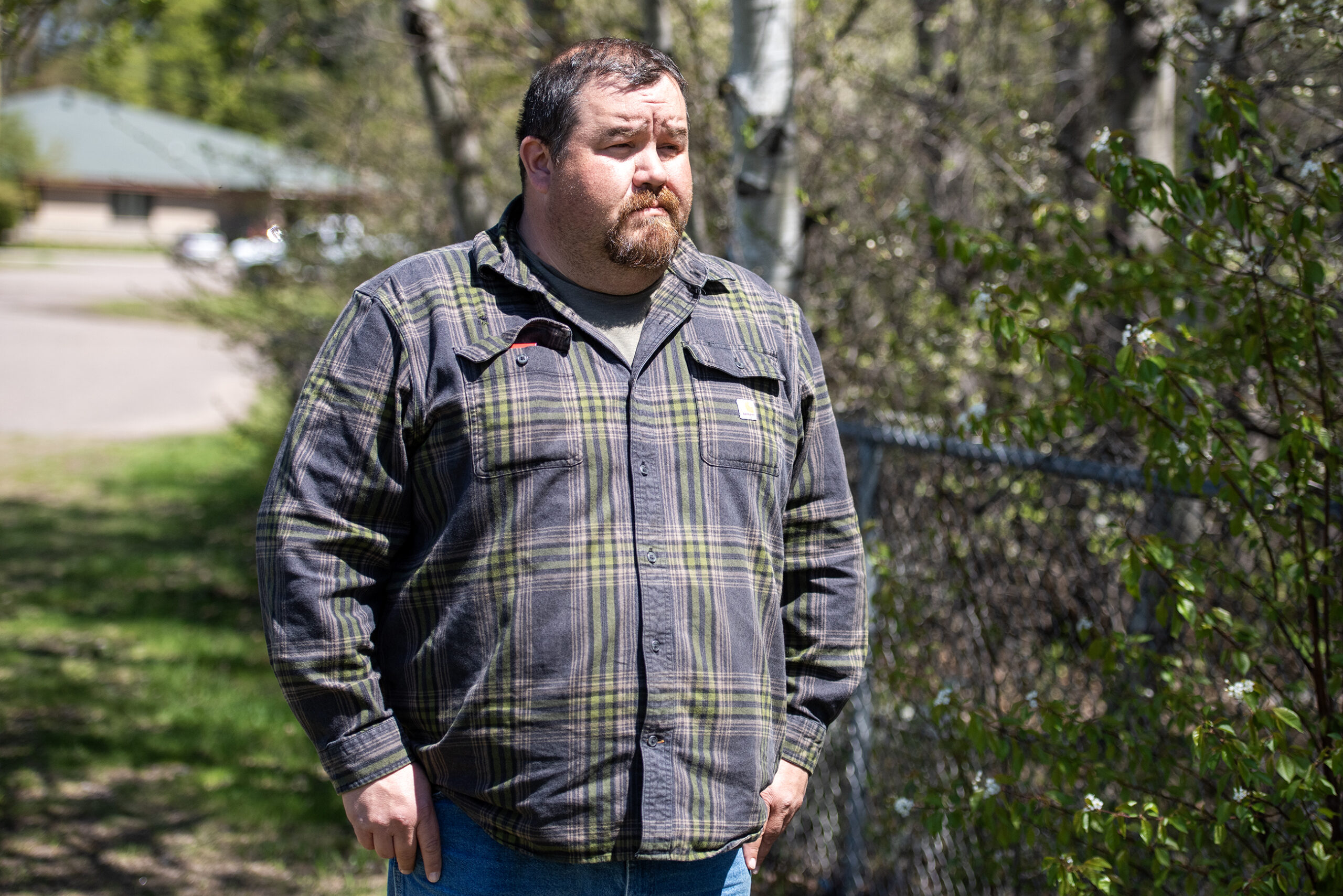
Since then, homeowners have argued the tribe’s warnings of citations and cameras along roadways “are meant ‘to restrict’ — and have restricted — the homeowners’ ‘access’ to the roadways through coercive and threatening measures.” They had asked the judge to find the federal government in violation of the court’s order or clarify that signs and cameras installed by the tribe violate the judge’s ruling.
Lac du Flambeau homeowner Joe Hunt said in a court filing that no trespassing signs are causing the 71-year-old Marine veteran and his wife added stress that have affected their health. Due to chronic health issues, Hunt said it’s extremely difficult to walk across frozen lakes to get to doctor’s appointments.
“The recent ‘No Trespassing’ signs are causing me increased anxiety in having no choice but to risk prosecution for using the road,” Hunt wrote.
In a status conference Friday, the court scheduled a hearing for March 3, saying that could be avoided if the tribe publicly acknowledged it wouldn’t issue citations and would keep the roads open during litigation.
On Tuesday, the federal government asked the court to cancel the hearing given the tribe’s latest letter, which also asked the town to “refrain from derogatory or inflammatory statements” toward the tribe or its members.
News with a little more humanity
WPR’s “Wisconsin Today” newsletter keeps you connected to the state you love without feeling overwhelmed. No paywall. No agenda. No corporate filter.
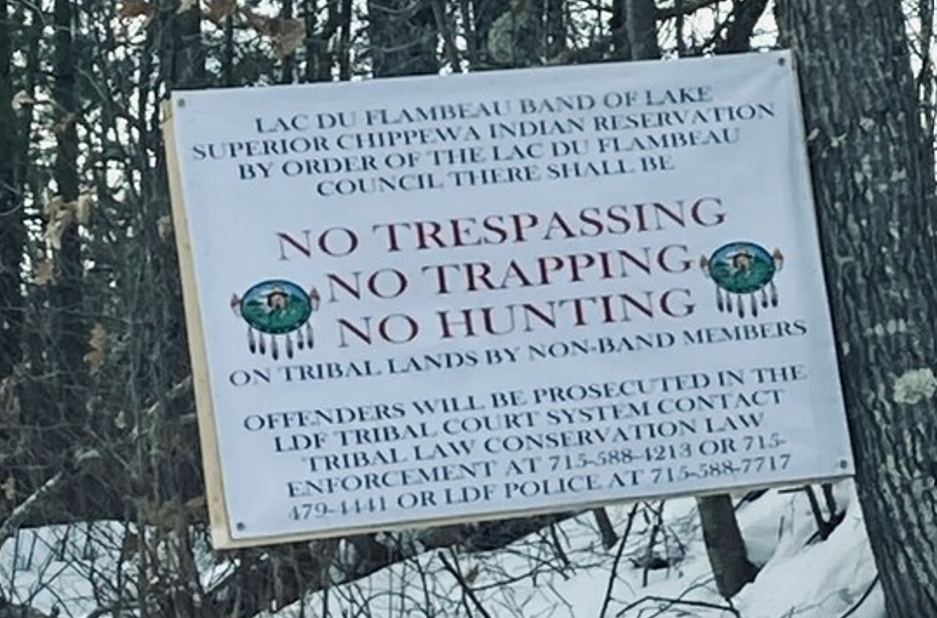
The feud over access to roads has resulted in multiple lawsuits. The town of Lac du Flambeau and homeowners have also filed separate federal lawsuits against the Bureau of Indian Affairs.
The tribe first sought $20 million in damages for what it said was trespassing by the town. Since then, tribal leaders have asked for roughly half that amount, and they want to issue annual leases in exchange for a fee equal to 1.5 percent of the fair market value of homes along the four roads.
Homeowners have said the federal government is responsible for resolving the dispute since past federal policies like the Dawes Act broke up reservation lands, resulting in them falling out of tribal ownership.
The town previously paid at least $600,000 to the tribe to maintain access along the four roads.
Tribal leaders have said they’re open to a resolution that doesn’t involve giving up more of their lands or rights as a sovereign nation, saying in January that the tribe remains open to a “mutually respectful and equitable solution.”
Wisconsin Public Radio, © Copyright 2025, Board of Regents of the University of Wisconsin System and Wisconsin Educational Communications Board.

